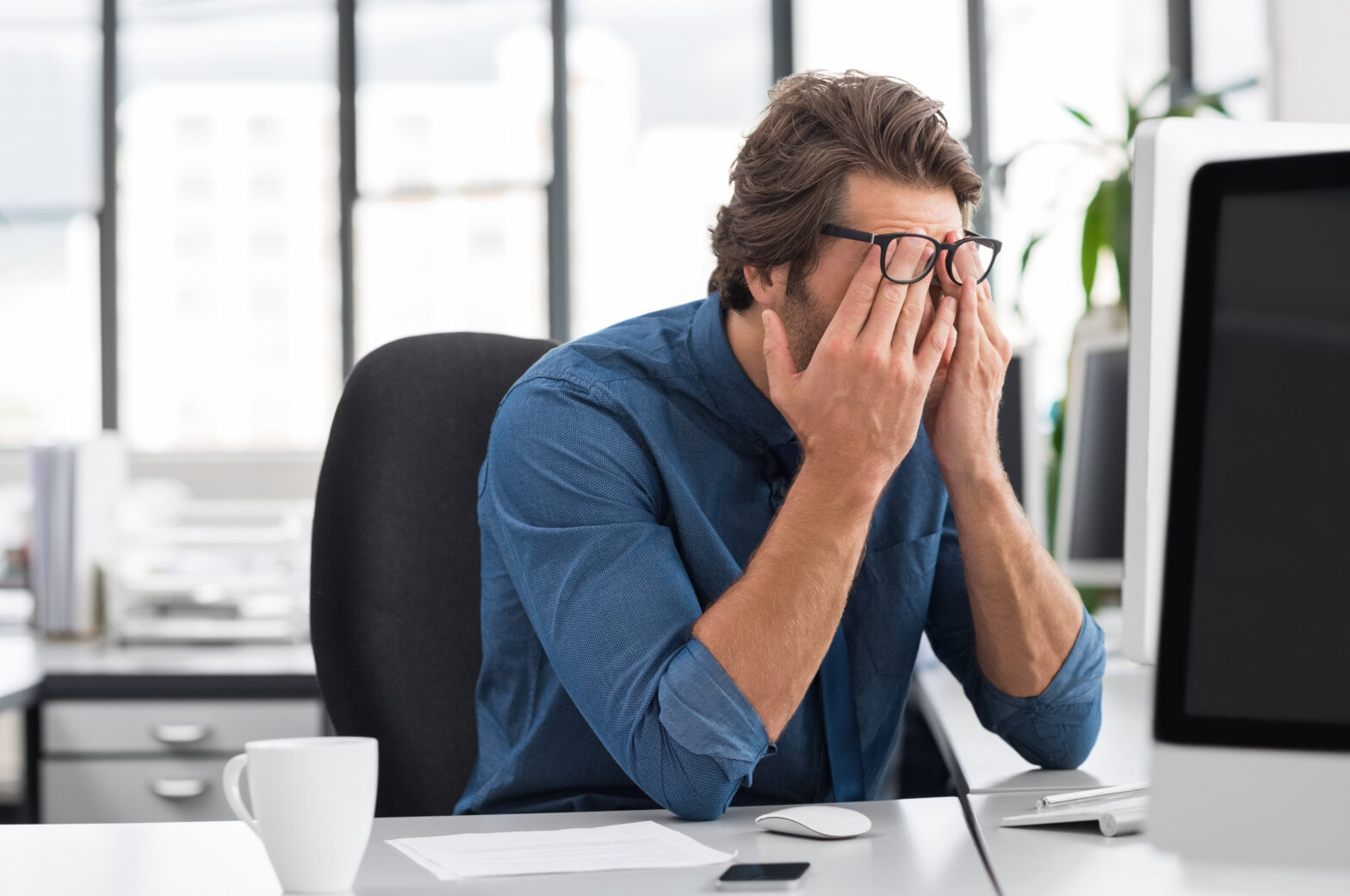Every year, over 10 million workdays are estimated to be lost to work related stress, anxiety and depression. On a human level, this is devastating. No economy should rely on a workforce that suffers so much. On a business level, too, it is disadvantageous to hire people to do jobs which are too stressful to be healthily carried out.
The traditional office, with all its stressful trappings, has done nothing to alleviate this heavy mental burden. Northern Ireland’s Business Info organisation cites poor physical working environment as one of the key causes of workplace stress. Conditions such as excessive heat or cold, noise and inadequate lighting will likely ring a bell for many office workers in the UK and abroad. But perhaps not in Amsterdam.
What are healing offices?
In tandem with the ecological benefits of the building, these offices adapt to suit the needs of their inhabitants, helping workers combat stress in the workplace. In 2016, an office block in Amsterdam’s Zuidas business district won the coveted Global Award for Excellence from the Urban Land Institute (ULI). It won the prize because it is no ordinary office block: it is a healing office block.
Known as The Edge, this office complex was hailed by the ULI as the most sustainable office building in the world. The Edge uses 70 per cent less energy than most similar office buildings, and is a veritable beacon of smart technology.
While it definitely points the way forward in ecological terms, it is the building’s benefits for human health that might be most revolutionary. As reported in the Guardian, The Edge is home to hundreds of healing offices.
So how do they do it, and what can other, less award-nominated office buildings do to follow in their footsteps?
Let in the light
One of the most highly praised aspects of The Edge is its adaptive lighting system. Offices in the building have lights that turn off and on automatically whenever someone enters or exits a room, and they adjust to a suitable level in line with the sunlight, which often fills the room thanks to the abundance of windows.
The overall effect leads to an office that is on the whole brighter than most. This is a very good thing. As the NHS tells us, exposure to sunlight gives the body more vitamin D – a chemical which can improve the mood, and one which is sorely lacking from the biology of many in Northern Europe.
While it is hard to know how much vitamin D each individual gets on an average workday as there are too many variables to take into account; skin tone, diet, time spent outside, experts are fairly united in agreeing that it is difficult to get an adequate level of vitamin D from food alone.
In the healing offices, or in offices that follow their blueprint, every desk is no more than seven metres from a window. This allows all employees to soak up as much sunlight as they can during the workday, wherever they are working.
There are slight problems with this approach though. While glass-walled offices will give office workers a healthy dose of vitamin D in the summer, the low levels of sunlight in the UK between October and March are not thought to be sufficient to induce enough vitamin D. This led the government’s Scientific Advisory Committee on Nutrition to recommend many people consider taking vitamin D supplements.
Letting in more light certainly has its advantages, but this alone will not end workplace stress.
Comfortable climate
Another widely hailed achievement of the ‘healing offices’ is temperature control. In The Edge, employees can adjust the temperature exactly to their liking at the touch of a button on their mobile phone. This allows them to always be working at the temperature they feel most comfortable, allowing for the occasional disagreement between employees.
When no one is in the room, sensors turn the heating off. This is hugely advantageous on an environmental level, but it is questionable as to whether it actually alleviates stress. A BBC study found that the perfect office temperature is… well, there isn’t one.
The level of control is sure to make employees feel more powerful in their positions, and on a more basic level, it will make them feel more comfortable. But again, this alone is unlikely to eradicate workplace stress.
Are there better ways to improve staff wellbeing?
Perhaps what these offices need to truly earn the ‘healing’ of their title is a an occupying company that brings stress-reducing policies to the table. Serviced office providers i2 Office have found that an unlimited vacation policy can improve workers’ spirits. They quote tech company Evernote concluding: ‘Our employees are better after they have travelled.’
This policy is part of a shift towards a work-life balance that is less inductive of stress at many firms. And the government is on board too. UK workers now have the legal right to request flexible working hours after six months of employment, thought to reduce stress greatly, and bosses can only decline these requests on sound business grounds.
There are still problems with this, as ‘flexible’ was left purposely vague by former Work and Pensions Minister Iain Duncan Smith, leading to a rise in zero hours contracts, but addressing the heavily one-sided work-life balance of many in this country is the right idea.
Then there is exercise. Far more than sunlight, regular exercise is known to improve mood and reduce stress. Personal trainer Jon Denoris argues in his book The Pop-Up Gym that people should exercise whenever and wherever they can. He is a proponent of ‘deskercise’ – the practice of exercising at your desk – as a way of reducing general stress in the workplace.
A combination of The Edge-inspired buildings, more sensitive employment policies and increased exercise will no doubt lead to the wider adoption of true ‘healing offices’ worldwide.





